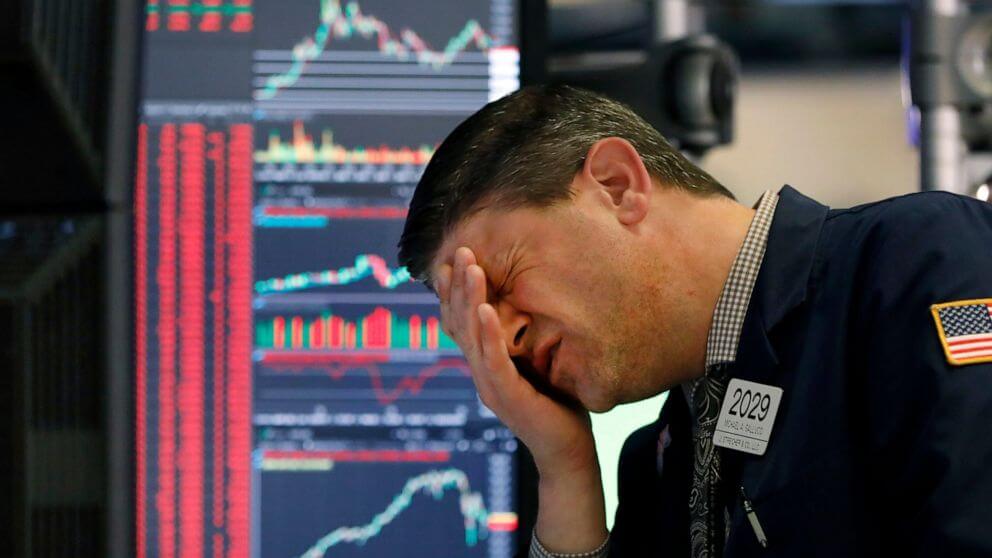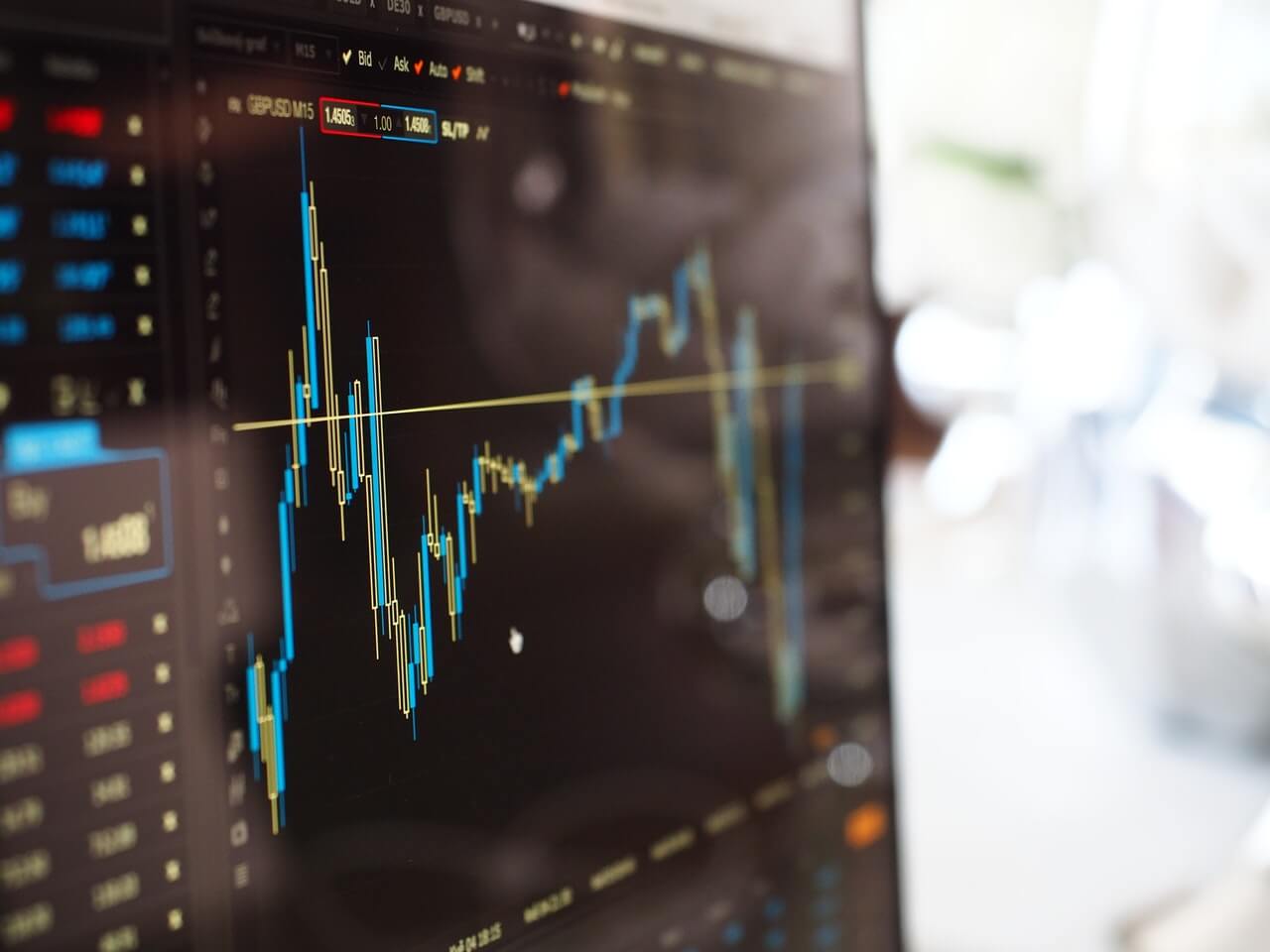Several factors usually control the stock market. Outside influences can greatly affect the market, such as a coup, huge debt, global warming, etc. Pandemics aren't left behind when it comes to the stock market.
We are currently in the middle of a global pandemic caused by a type of coronavirus known to us today as Covid-19. With the virus claiming over 6,000 lives to date and over half a million infected cases, this is a once-in-a-generation disaster. The virus isn't only claiming lives; the markets have suffered in its wake, too.
But why does the market suffer whenever there's a pandemic? Doesn't money stay in the bank or circulate in the market just as before? What happens to the stock market during a pandemic like the one we currently face?

Panic
One obvious reason the stock market tends to suffer in this scenario is that people usually panic. And the market doesn't like it when traders and customers are in panic mode. People tend to want to secure their money, quite literary.
This brings people to the next stage of selling their shares to have as much liquidity as possible, just in case. This makes a number of stocks available and hence reduces their market value since everyone is selling. On the other hand, buyers are never in plenty during such times, which further drives the value of the stocks down.
Bonds
So, what about those who have more money than they need in their bank accounts? What do they do with their stocks during such critical times? Well, most tend to sell their stocks and go for bonds.
This, however, cuts both ways, as even those who 'assume' they are shrewd in the market also go for bonds. Right now, as expected, bonds are settled as they always are and look like a value for any investor. On the other hand, stocks don't look that safe for any investor.
But as much as investors are losing faith in stocks, they still remain valuable after the crisis. In the next five or ten years, what would have changed with the company you had invested in? Probably nothing in terms of the stock's market value. So, why the rush to sell just because there's a pandemic?
Debt
Another factor that causes stock prices to plunge during a pandemic is debt accrued before the crisis. Large corporations have debt levels higher than anything we've seen in recent history. The pandemic is just making the obvious clear - though brutally.
With clients pulling out without assurance in the market and stock prices also falling, those huge debts are returning to bite everyone involved. The market was stable with the debts since it was all a rotating wheel; pinches weren't felt as much. Now, there's less for each trading partner (banks and investment firms).
Those debts were used to lend to consumers in the form of credit, but now, everyone is closing ranks. People have their cash at hand and have pulled out of investing opportunities. What happens if interest is paid by the month to keep the financial wheels moving?
Also Read: How To Stretch Your Paycheck During A Pandemic
No Credit
The market tends to thrive when banks have enough to lend. This is also one of the best ways banks make money today. When there's a pandemic, likely banks won't risk lending. In most cases, they see their stock fall, so there's nothing much to leverage their partners with. Then, there's a case of not being sure you'll pay. Pandemics make people panic; some borrow, not for investment, but for personal use. With no money to invest, who buys the dumped stocks? No one and the prices go down further.

Conclusion
The stock market is one of the most sensitive aspects of the financial sector. And, though the indications of why the market falls or rises can be anything, these are just part of the reasons why. They all form part of the big cycle that positively and negatively affects the market. During a pandemic like the one we are currently experiencing, the market is usually distressed and suffers until the crisis ends.




















